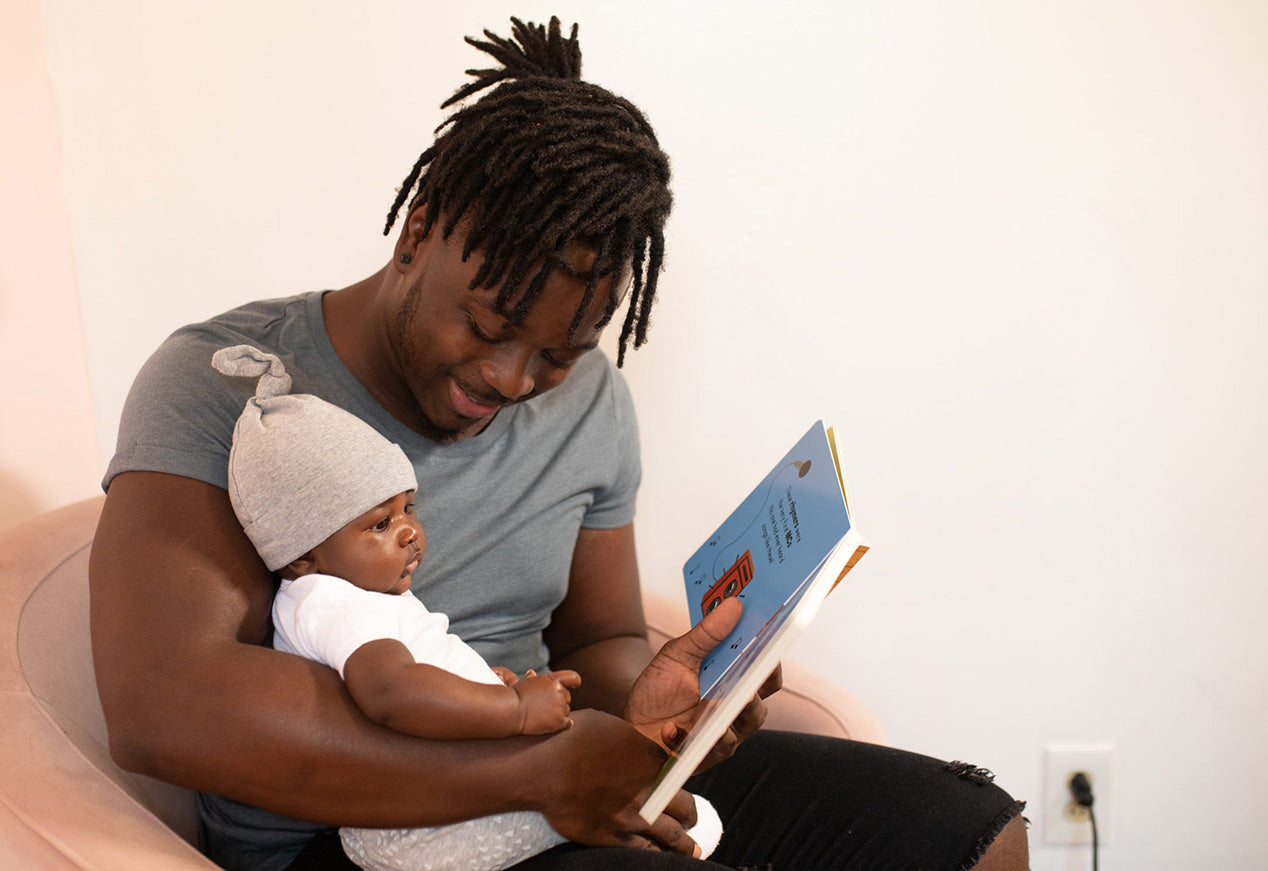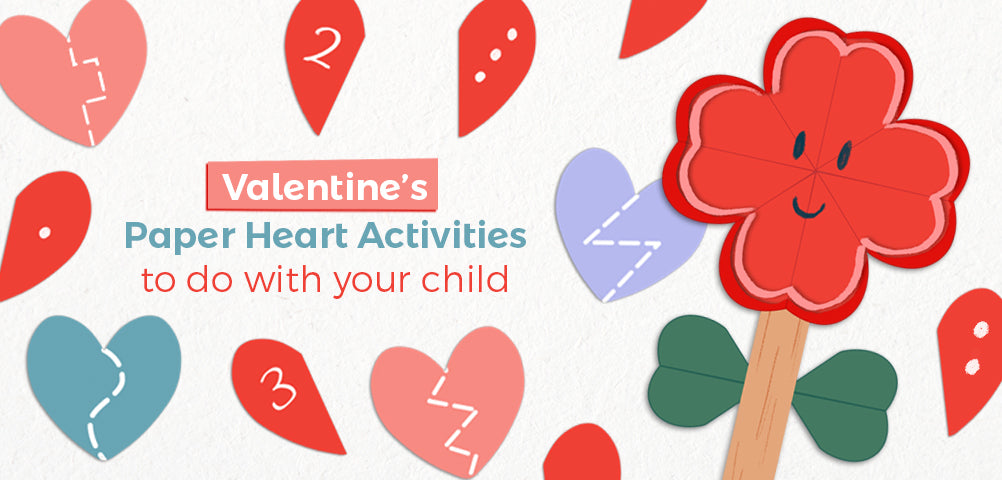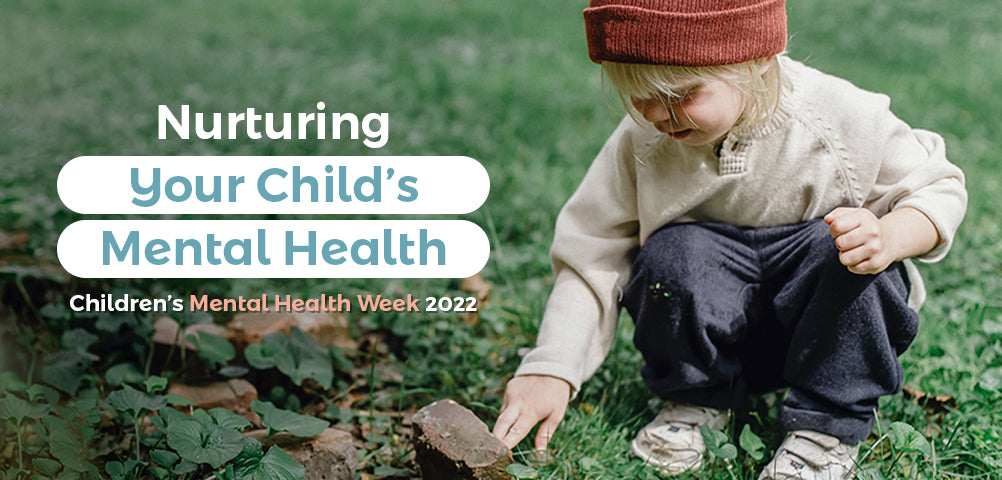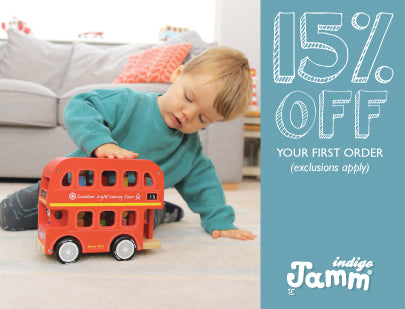What is Open-ended Play?
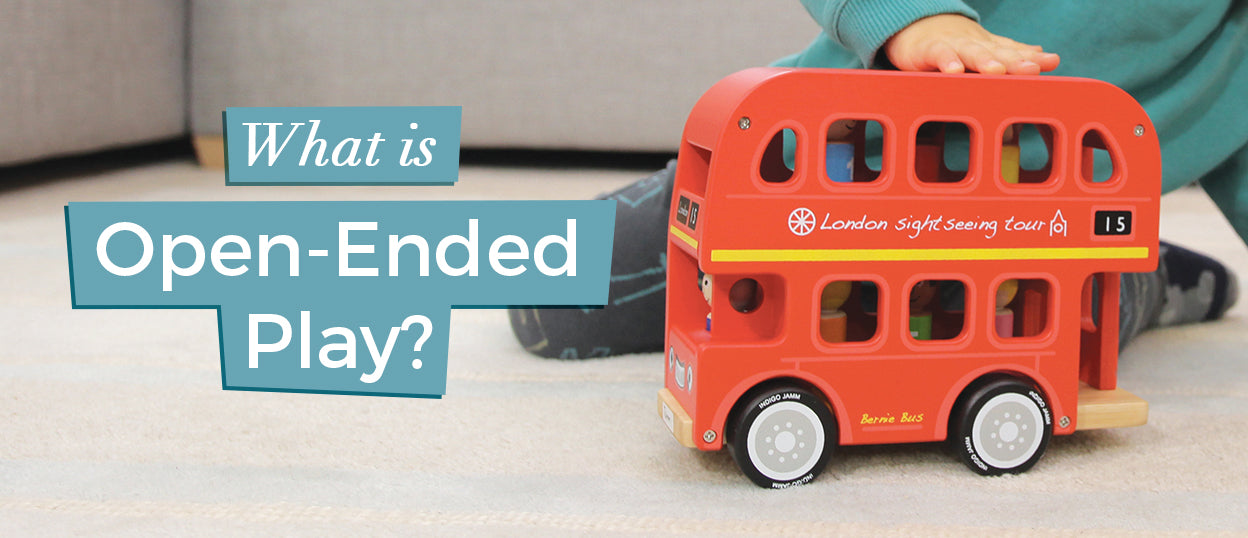
Open-ended play is, in a nutshell, play with no rules.
Think, for example, of a lego set. Many sets come with specific instructions to build specific things; you follow the instructions, you build the thing - job done. Now think what might happen if you gave your child that same lego set without any instructions. You might get a car that five minutes later becomes a rocket, then an octopus, then a unicorn; the possibilities are endless!
This is open-ended play.
Children are naturally imaginative, creative and curious. These are traits that, if nurtured, can aid them in a multitude of ways as they grow and develop. Open-ended play is fun, creative and puts all the decision-making into your child’s hands and mind. They think “What happens if I do this?” and then they find out the answer themselves - and perhaps that leads to another ‘what if?’ question that needs to be answered. It builds confidence, as there is no ‘wrong’ way to play; whatever your child chooses to do is right! This in turn makes them more confident in general to try new things without worrying about the outcome.

And open-ended play doesn’t have to involve anything complicated. Think of the explorations and questions that could come from something as simple as a cardboard box: “What happens if I rip it? What happens if I stamp on it? Perhaps it could be a house or a rocket or a car...” Other great open-ended items include sand, clay, building blocks, paper - anything that can set off creativity, curiosity and imagination.
Simple toys also often offer amazing open-ended play. Take away the lights, noises and fancy features of many modern ‘techy’ toys and what you’re left with is a springboard to fire off imagination. Take Indigo Jamm’s Bernie Bus - ‘How far can Bernie Bus roll across the room? What happens if I roll Bernie across different types of surfaces? How many passengers can I squeeze into Bernie Bus? Where is Bernie Bus going on his next adventure?’
So put away the ipads and bring out those open-ended toys and activities!
A summary of (just some of) the benefits to open-ended play:
- Children practice independent decision-making and problem-solving skills.
- Children become confident and open to trying new things.
- Nurtures creativity, curiosity and imagination.





